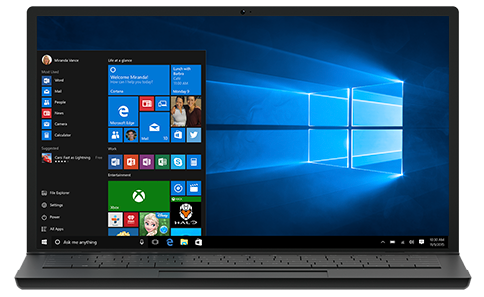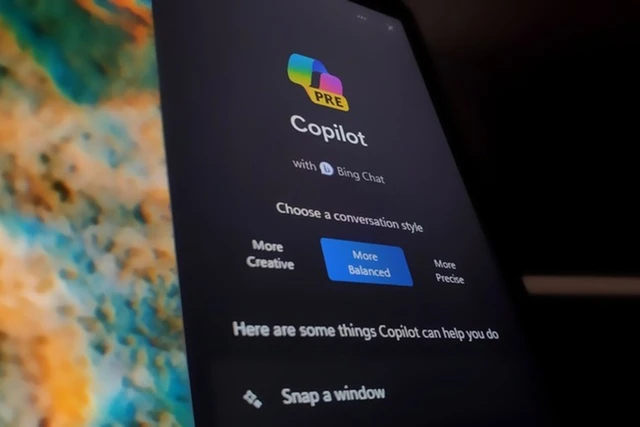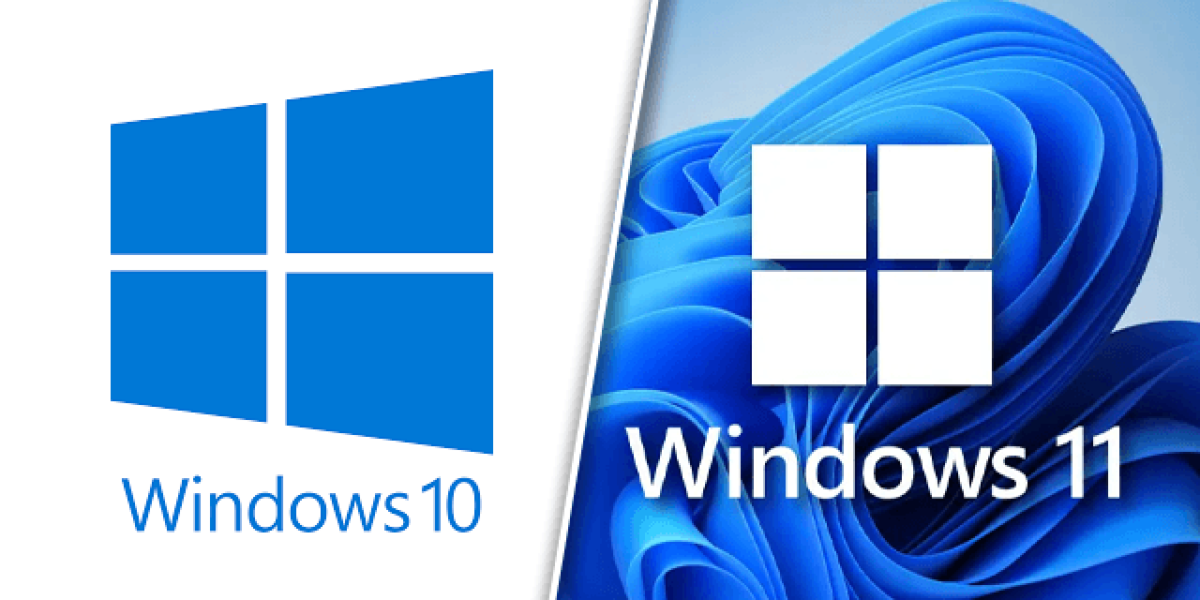After nearly 9 years since its debut, Microsoft is gearing up to retire the Windows 10 operating system, placing it alongside the legendary Windows XP and 7, and steering users towards Windows 11.
Despite Microsoft’s efforts to entice users to abandon Windows 10 in favor of Windows 11, the latest operating system has not achieved as much success as Microsoft had hoped. This may stem from users’ preference for Windows 10 over its successor.

Since its launch in 2020, Windows 11 has had a less-than-expected start. Users are not fond of the increasing requirements for installing the operating system, including the need for TPM 2.0 chips and Secure Boot without clear justification. The inability to freely install the operating system on relatively new and powerful machines running Windows 10 is a significant reason why Windows 11 has barely surpassed a 26% market share.
Another reason users choose not to upgrade to Windows 11 is the aesthetic changes the system introduces. Microsoft has experimented with the Windows interface multiple times, with one of the most notable changes occurring with Windows 8, considered a complete failure. While Windows 11 brings alterations to the taskbar, Start menu, File Explorer, and various system components, regular users are resistant to changes in familiar elements. Hence, many opt to continue using the classic system.
Another factor influencing users’ decisions to refrain from upgrading is the substantial amount of bloatware pre-installed on Windows 11. Microsoft has increasingly bundled default applications and services to enhance user experience, but in reality, it loads PCs with unnecessary software. For those seeking a lighter option, Windows 10 remains the ideal choice.

A straightforward reason for users not upgrading is Microsoft’s failure to provide compelling upgrade incentives. Transitioning from Windows 7/8 to 10 marked a significant step, introducing a range of features and tools for work and entertainment. Furthermore, features initially thought to be exclusive to Windows 11, such as Direct Storage and even Copilot, have made their way to Windows 10. So, why bother updating?
This year, users are expected to receive the successor to Windows 11, known as Windows 12. This will be Microsoft’s new operating system, a system we know very little about but is almost certainly an attempt to address the issues that arose with Windows 11. It is expected to be a more user-focused, less restrictive system.


